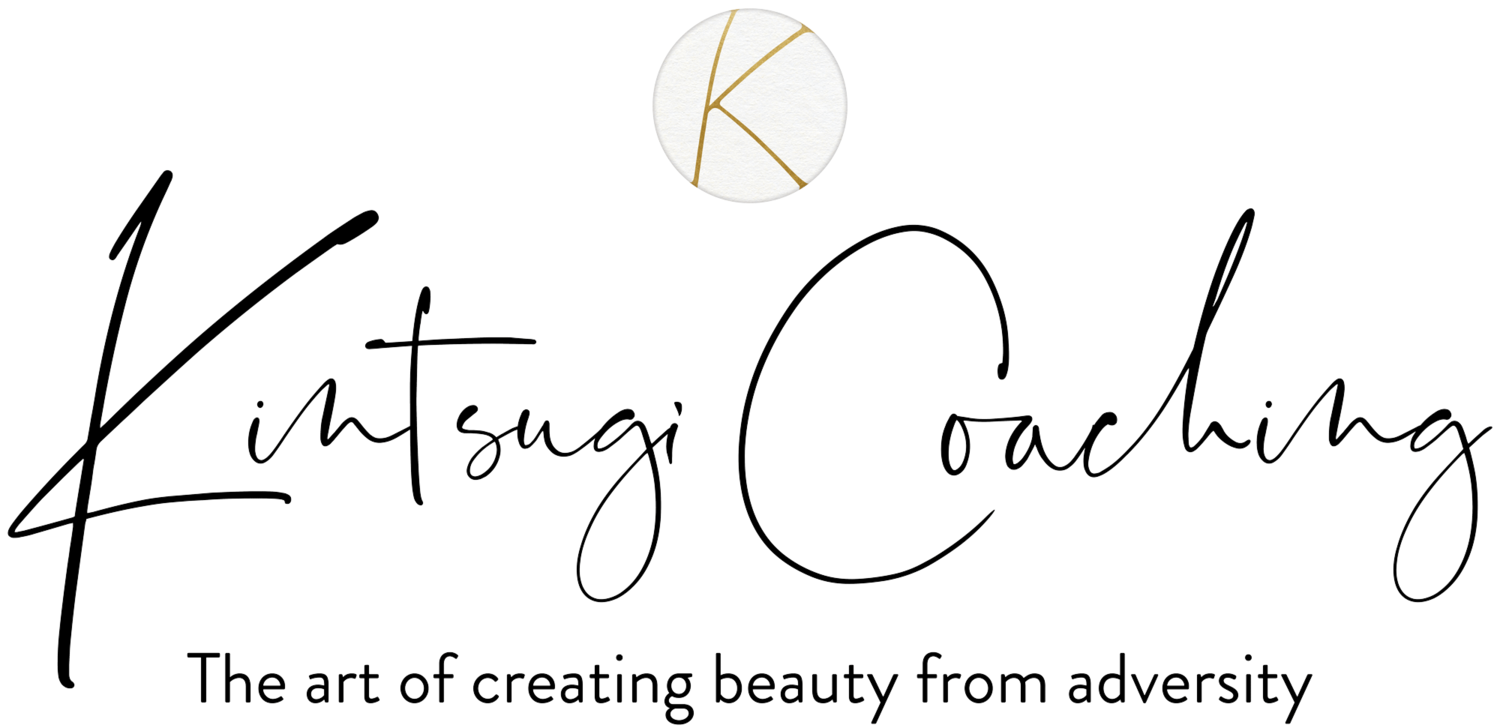Where are we going, and why are we all in this handbasket?
I have been sick with the flu for eighteen years now, the last six days of which were mostly spent in bed, which may account for what you’re about to read, but then again, it may not. I’m beginning to think that my fever may have actually cleared my head more than it shrouded it. This may not be such a wonderful thing.
I stood up today (this was a huge accomplishment. I felt good about it), went to the kitchen, caught my breath, and made tea. Thank you. Yes, I was pleased. But wait, there’s more: I also managed—although it was laborious and exhausting—to pack my children’s lunches and then actually drive them to school; never mind that I had to pull over a mile from home to get through a spectacular coughing fit that left me teary-eyed, gasping for breath, and with a large, cold, wet spot on my thigh where my tea sloshed, tsunami-like, with the initial eruption. (The best part was when, following the fit, I tried multiple, unsuccessful times to put our Prius into reverse. I kept saying things like “Stupid car!” and What’s the deal?” until my brilliant six-year-old child said, “The car’s not on.” Thank you, sweetheart. Mama’s sick.)
As anyone who’s been ill knows, there is a general sense of relief and gratitude when you begin to feel better, and I was feeling both, wet thighs and blocked ears notwithstanding. I was out of the house: an accomplishment akin to escaping a leper colony. I looked out at the dusting of snow on the mountains around our valley and thought how beautiful it was. And then I looked to my left at the fields and the clouds and saw not one, not three, but SEVEN chemtrails crossing the sky. Seeing them made my heart hurt. And there was no way NOT to see them or forget they were there.
Continuing home I thought about those chemtrails and how they completely shifted my relative happiness. I thought about the story I’d just heard on NPR the day before that said how the drought in the Midwest was a good thing because now there won’t be as much toxic nitrogen runoff going into the Gulf of Mexico adding to its “dead zone” and in fact (here’s the really good news), nitrogen levels in the Gulf were the fourth lowest recorded since 1985.
(If this last bit cheered you, you should either stop reading this or take a deep breath and think hard. There are at least five issues of major importance that can be inferred from that story. Take this fun quiz and see if you can spot them.)
I thought about my neighbor, a woman my age who struggled to live on minimum wage and who lost her husband to an especially brutal cancer this last Thanksgiving. She was left inundated not only with grief, but with outrageous medical bills that insurance didn’t nearly cover for treatment that had approximately zero chance of saving her husband’s life and likely hastened and worsened his inevitable demise. She killed herself two days ago. I watched them carry her body from the house from my bedroom window. It made me so sad, and I also completely understood why she did what she did.
There is so very much that is wrong, REALLY wrong in this world that it’s tempting to wonder why we bother doing anything at all. There is a point at which spiritual platitudes begin to fail. I read a tweet today that said, “My life is colored with blue sky optimism.” I was tempted to reply, “My blue sky is colored with chemtrails.”
The horrible things do not negate the beauty of the world, but neither does the beauty negate the horror. They co-exist, and not necessarily in any sort of balance. It’s an insane juxtaposition when you stop to think about it. And this, in a nutshell, is my struggle. It’s what Jungians call “holding the tension of the opposites.” Sometimes I think I’m doing it, balancing it all in my head and my heart. Other days, well, not so much.
I don’t have the answer. I don’t understand what it’s all about. I’m pretty discouraged by what I see happening on a large scale, how we’ve wrecked our planet, perhaps beyond repair, in just two hundred years. It’s unbelievable. It grieves me. Yet from my own small, personal experience I know that grieving is necessary for healing to take place, and not knowing is a place of potential, so maybe I’m in a good place after all.
Here’s my conclusion: You don’t have to have answers; you just have to have heart, even though it hurts a lot of the time.

